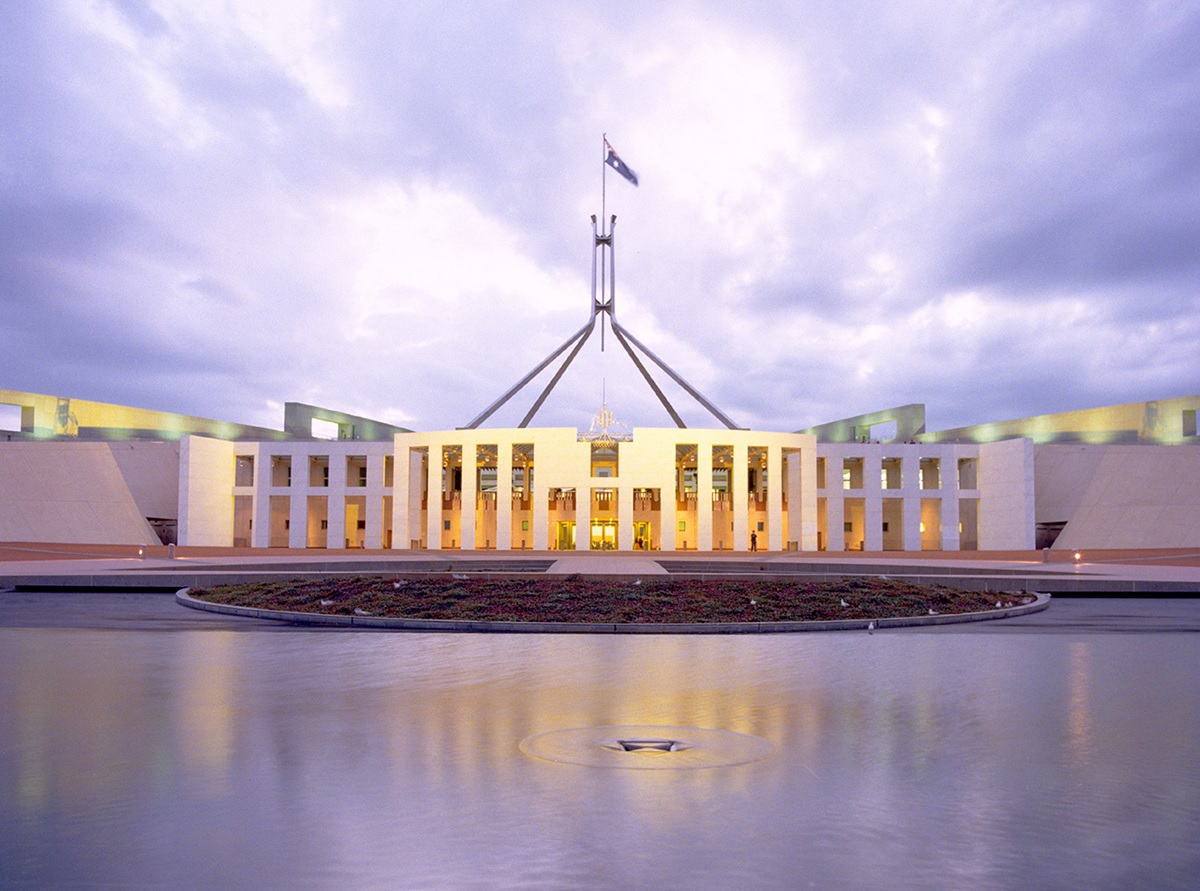Australia Plans Mandatory Climate Reporting for Companies
The Australian government announced today the launch of a consultation paper on the development of a climate risk disclosure framework for businesses and financial institutions, with plans to make the reporting rules mandatory for large entities.
The consultation considers implementing the rules using a ‘phased’ approach, beginning as soon as 2024.
The introduction to the consultation, published by the Treasury, states that it recognizes physical and transition climate related risk “as a material risk to the global financial risk,” with disclosure forming a key tool in managing that risk. The paper also notes that demand for climate-related disclosures has by investors has been steadily increasing over the past several years, with several jurisdictions, such as the UK, the US, and the EU introducing or developing mandatory reporting requirements for companies.
In a statement announcing the launch of the consultation, Australia’s Minister for Climate Change and Energy Chris Bowen and Minister for Financial Services Stephen Jones said:
“As more countries move towards global best practice, and as investors demand higher-quality disclosures, it’s important that Australia now establish a framework for consistent, credible, internationally-comparable disclosures.”
Key questions explored in the consultation paper include the costs and benefits of aligning with international practices on the implementation of climate disclosure rules, including the use of a phased-in approach beginning with large entities, alignment with the emerging International Sustainability Standards Board’s (ISSB) recommendations, assurance requirements, materiality assessments, and transition plan disclosures, as well as data challenges in meeting the new requirements.
The consultation also asks for feedback on considerations to apply to reporting of greenhouse gas emissions, with a particular focus on Scope 3, or upstream and downstream emissions outside of a company’s direct control – which may include supply chain or product use emissions for companies, or financed emissions for financial institutions. Scope 3 are typically the hardest to measure, but as they often represent the bulk of many entities’ emissions footprints, but are typically the hardest to track and measure. Reporting requirements around Scope 3 emissions are one of the most controversial aspects of the emerging disclosure regimes, but they are being included in many of the emerging systems, including the ISSB’s, as well as in the EU and the proposed US SEC rules.
The Australian consultation proposes “that some requirements to disclose Scope 3 emissions will apply.”
The government also announced that it has tasked its Treasury department to develop a comprehensive sustainable finance strategy, with climate risk disclosure forming a part of the strategy, aimed at improving transparency, developing green finance markets, and addressing “opportunities presented by surging global momentum in sustainable finance.”
Sustainable investment groups welcomed the governments announcements. In a statement from the Investor Group on Climate Change (IGCC), Erwin Jackson, IGCC Director of Policy, said:
“Investors have been calling for globally consistent, standardised reporting on climate risks and opportunities, so we’re pleased the Treasurer’s announcement today is moving this forward.
“The investable climate disclosures will help investors allocate capital to the projects and companies that are well placed to thrive in the transition to a decarbonised economy.”





